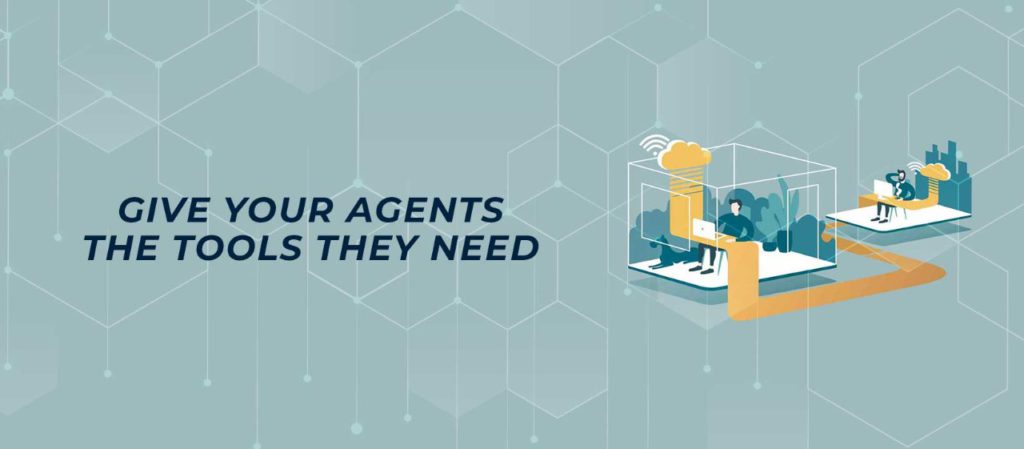The year just passed has been nothing short of transformative, and has brought about a paradigm shift in how everyone operates. Many organisations have dipped their toes in the idea of remote working environments prior to the pandemic, while many others were forced to adapt. Contact centres and contact centre agents are central to an organisation’s customer communications, not only as a method of delivering brand image and experience, but also to gauge the customer and ensure satisfaction.

As the world continues to digitally transform, contact centre technology grows more complex. Chatbots and virtual agents are helping customers to solve their problems on their own. This means that contact centre agents can spend more of their time on solving more complex issues. At the same time, virtual assistants in the contact centre can surface valuable information for an agent, and help that person solve a customer problem faster.
Decentralised contact centres is a model that has been gaining popularity within the business world and a key to making this model work is providing at-home agents with access to all the applications they use with full availability, reliability and speed. This can include their agent desktop, CRM, knowledge base, performance dashboards, quality monitoring tools, scheduling applications, and more.
Interactive Voice Response is an automated phone system that allows incoming callers to access the information they need without having to talk to a person. Callers can help themselves by entering information via a touch-tone keypad or speaking into the phone. Different IVR systems have different levels of natural language speech recognition. Well performing speech recognition software has grammar and data to recognize different dialects and an expansive vocabulary. The IVR operates on a strategically developed call flow and undergoes continuous tuning based on customer interaction with the IVR.
Contact centers can use recording systems to capture all customer interactions. This is helpful should an agent or manager need to review what happened on a call. More advanced recording systems can record calls, as well as any other interactions associated with the call, such as emails and chat sessions. Call recording can be historical or in real-time, allowing a contact center supervisor to intercept an off-script or out of the norm call and provide on-demand coaching. Call recording goes hand-in-hand with analytics reporting to deliver in-the-moment insight that contact center leaders require.
CRM software gives agents the 360° customer info they need to solve customer needs as quickly as possible. Contact centre agents can also use the servicing application to document customer interactions that can be brought up if the caller needs more help in the future. Having a record can help agents resolve customer issues more efficiently. It can also help manage issues that need to be transparent to a sales team leader for further relationship building. CRM systems enable an organisation to provide insight into all customer interactions across business units.
Having all the technology in place, so that your business’s contact centre can run smoothly is crucial if you want to give your customers an experience worth repeating. Here at CentrePal, we are specialist in providing businesses with all the tools they need to have a comprehensive customer service experience.